
Public Speaking Is Not My Forte
Dec 3, 2024 | Public Speaking
Public speaking can be a daunting experience for many people. The mere thought of standing in front of an audience and delivering a speech can make even the most confident individuals feel anxious. If you’ve ever felt this way, know you are not alone.

Public speaking is a skill that only comes naturally to some, but the good news is that it can be learned and improved over time. Whether you are a beginner who dreads speaking publicly or an advanced speaker looking to refine your abilities, this article will provide tips, strategies, and encouragement to help you become a more confident and compelling public speaker. It’s important to remember that even the most seasoned public speakers started somewhere, often with the same apprehensions you might be feeling.
Understanding that it’s a journey is the key to overcoming these fears and improving your public speaking skills. With dedication, practice, and the right strategies, you can transform your nervousness into confidence and turn a once-daunting task into a rewarding experience. Embrace the process, and be patient with yourself as you grow and develop your public speaking abilities.
Action Item
Begin by practicing short, simple speeches on topics you’re passionate about to build confidence and ease into public speaking.
Understanding the Fear of Public Speaking
First, let’s acknowledge the fear. Glossophobia, or the fear of public speaking, is one of the most common phobias. It stems from the fear of judgment, embarrassment, or failure. Acknowledging that this fear is a natural response can be the first step toward overcoming it.
Many successful public speakers started with the same fear but turned it into a strength through practice and perseverance. Comprehending the root causes of your fear can also help you manage it more effectively. For many, the anxiety comes from a fear of being vulnerable in front of others or from previous negative experiences with public speaking.

Reframing these fears is helpful. Focus on the message you want to convey rather than on yourself. Remember, the audience is there to listen and learn from you, not to judge. By shifting your focus to the value you provide, you can reduce your pressure and approach public speaking with a more positive mindset.
Embrace Preparation
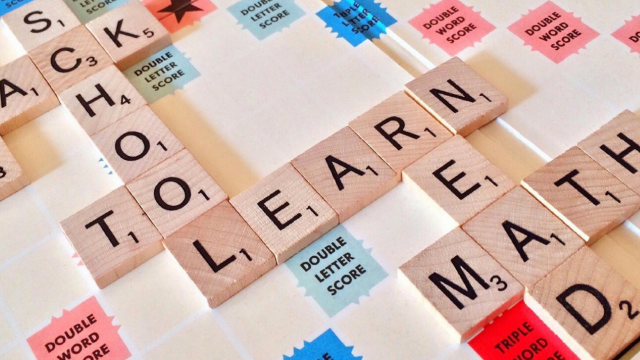
One of the most critical steps in becoming a better public speaker is thorough preparation. When you are well-prepared, your confidence naturally increases. Start by understanding your topic inside and out. Research thoroughly, gather your thoughts, and organize them logically.
Create an outline to guide your speech, ensuring a clear introduction, body, and conclusion. Preparation also involves anticipating potential questions or challenges during your presentation. Consider your audience’s concerns, and prepare your responses accordingly.
Pro Tip
Embrace your unique style and focus on connecting authentically with your audience instead of striving for perfection.
Additionally, familiarize yourself with the venue and any equipment you use, such as microphones or projectors. This helps minimize technical issues and lets you focus on delivering your speech.
Practicing in the actual setting can also make you feel more comfortable and reduce last-minute jitters. The more prepared you are, the smoother and more confident your delivery will be.
Know Your Audience

Understanding your audience is crucial. Knowing who you are speaking to allows you to tailor your message to their interests, level of knowledge, and expectations. Are they experts in the field, or do they have a basic understanding? What are their needs and concerns? Tailoring your speech to your audience makes it more relevant and engaging for them.
To get to know your audience better, consider conducting preliminary research or surveys to gather information about their demographics, preferences, and prior knowledge of the topic. This can provide valuable insights into how to best connect with them. Additionally, observe the audience during your speech and be ready to adapt your delivery based on their reactions.
Action Item
Record yourself practicing to identify areas for improvement and track your progress as you build confidence and skill.
Engaging with your audience, asking questions, and encouraging participation can make your presentation more interactive and impactful. By showing that you understand and care about their needs, you build a stronger connection and make your message more compelling.
Practice, Practice, Practice
Practice is vital to overcoming the fear of public speaking. Rehearse your speech multiple times. Start by practicing alone, in front of a mirror, and finally, in front of a trusted friend or family member.
You become more familiar with your material each time you practice, reducing anxiety and increasing confidence. Record yourself, and watch the playback to pinpoint areas for improvement.
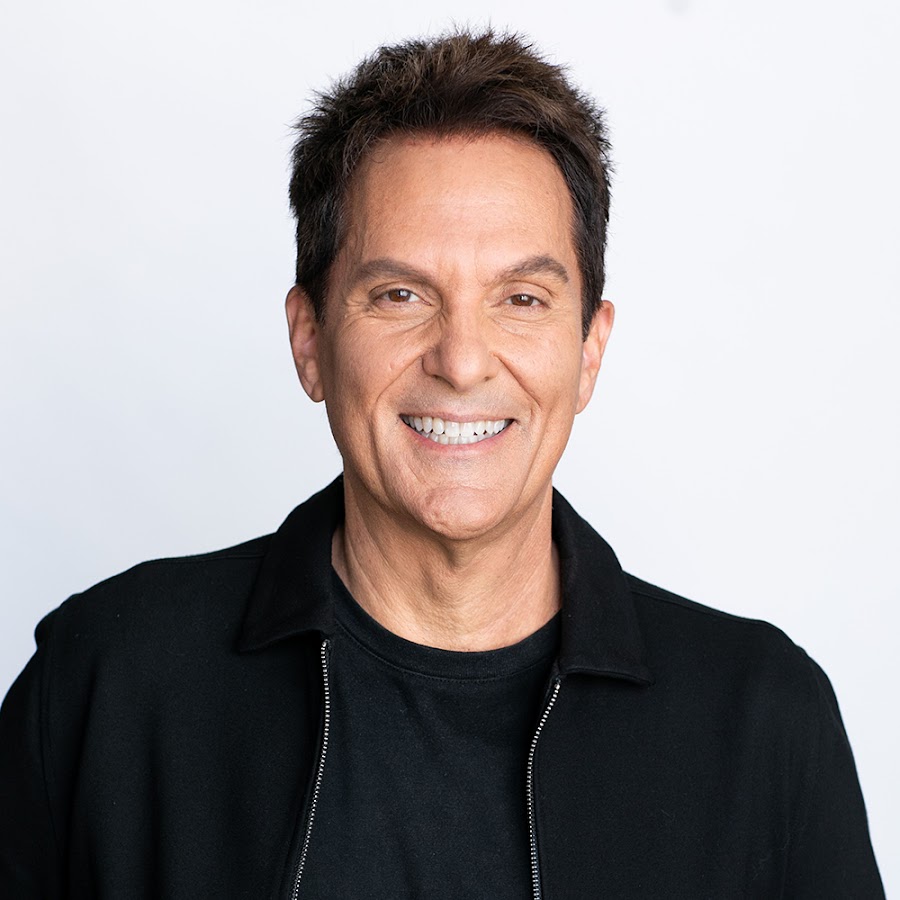
Techniques to Manage Anxiety
Even with thorough preparation, it’s natural to feel nervous before a speech. Here are some techniques to help manage anxiety:
- Breathing Exercises: Deep breathing can help calm your nerves. Take slow, deep breaths before you begin speaking. This helps reduce stress and can slow down a racing heart.
- Visualization: Visualize yourself delivering a successful speech. Imagine the audience reacting positively, applauding, and engaging with your content. Visualization can raise your confidence and reduce anxiety.
- Positive Affirmations: Use positive affirmations to boost your self-confidence. Remind yourself of your strengths and past successes. Phrases like "I am well-prepared and capable" or "I can handle this" can significantly affect your mindset.
- Grounding Techniques: Grounding techniques, like feeling the floor under your feet or the texture of a nearby object, can help you stay present and reduce anxiety.
Engage Your Audience

Engaging your audience is essential to a successful speech. Here are some tips to keep them interested:
- Start with a Strong Opening: The first few minutes of your speech are important. Start with a powerful opening that grabs attention. This could be a surprising fact, a thought-provoking question, or a compelling story.
- Use Stories and Examples: Stories and examples make your speech more relatable and memorable. They help illustrate your points and keep the audience engaged.
- Make Eye Contact: Making eye contact helps establish a connection with your audience. It shows that you are confident and engaged with them. Try to make eye contact with various individuals throughout the room.
Pro Tip
Treat public speaking as a conversation, not a performance, to ease pressure and foster genuine connection with your audience.
- Use Visual Aids: Visual aids, like slides, charts, or videos, can improve your speech and make it more engaging. Ensure your visual aids are clear, relevant, and not overly complicated.
- Encourage Interaction: Encouraging interaction can make your speech more dynamic and engaging. Ask questions, invite comments, or include interactive activities to help keep the audience involved and attentive.
Handling Mistakes Gracefully
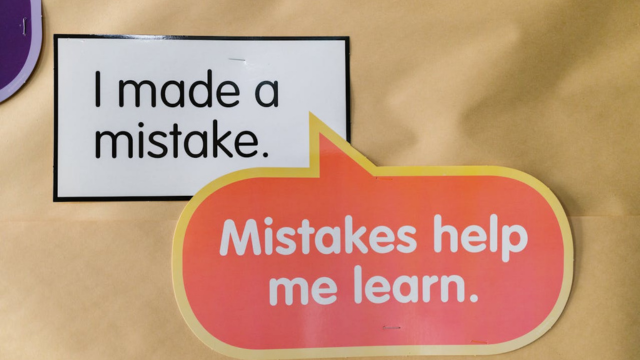
Mistakes take place, even to the most experienced speakers. How you handle them can make a big difference.
- Stay Calm: If you make a mistake, stay calm. Most of the time, the audience will notice if you draw attention to it. Take a deep breath and continue with your speech.
- Correct and Move On: If you must correct a mistake, do so briefly and move on. Don't dwell on it or apologize excessively. The audience is more interested in the overall message than a small error.
- Use Humor: If appropriate, use humor to diffuse the situation. A light-hearted comment can turn a mistake into a moment of connection with your audience.
Continuous Improvement
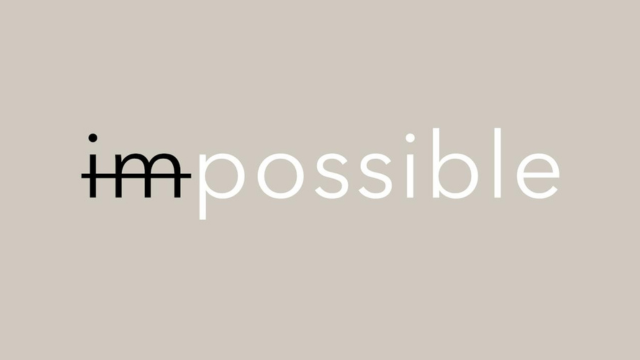
Public speaking is a skill that can continuously be improved. Here are some ways to continue honing your abilities:
- Seek Feedback: Inquire for feedback from trusted friends, colleagues, or mentors. Constructive feedback can help you specify areas for improvement and build on your strengths.
- Watch and Learn: Watch speeches by experienced speakers. Pay attention to their techniques, how they engage the audience, and how they handle mistakes. You can learn a lot by distinguishing others.
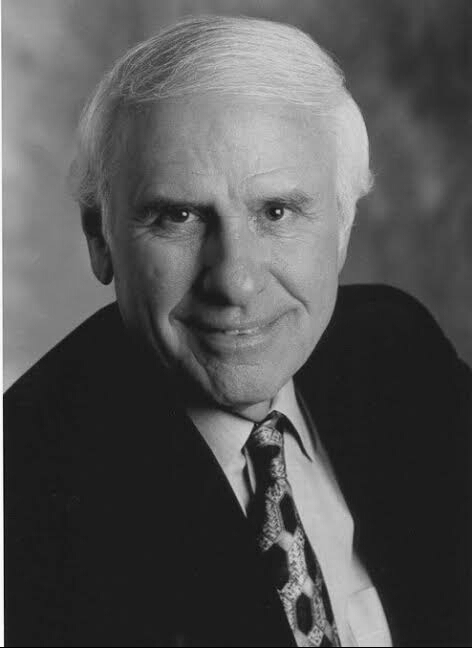
- Join a Public Speaking Group: Think about joining a public speaking group, like Toastmasters. These groups produce a supportive environment for practicing and receiving feedback. Regular practice in a structured setting can significantly improve your skills.
- Keep Speaking: The best way to improve your public speaking is to keep doing it. Take every opportunity to speak in front of an audience, whether a small group meeting or a large conference. The further you practice, the more comfortable and confident you will become.
The Journey of Public Speaking

Remember, becoming a confident and compelling public speaker is a journey. It’s okay to start from a place of fear and uncertainty. With preparation, practice, and persistence, you can overcome your fears and become a powerful communicator. Celebrate your progress, no matter how small, and continue to challenge yourself.
Conclusion

Public speaking may not be your forte now, but it can be a different way. You can transform into a confident and compelling speaker by understanding the roots of your fear, preparing thoroughly, practicing regularly, managing anxiety, engaging your audience, handling mistakes gracefully, and continuously seeking improvement. Whether you are just beginning or looking to refine your skills, these strategies can help you become a more effective public speaker.


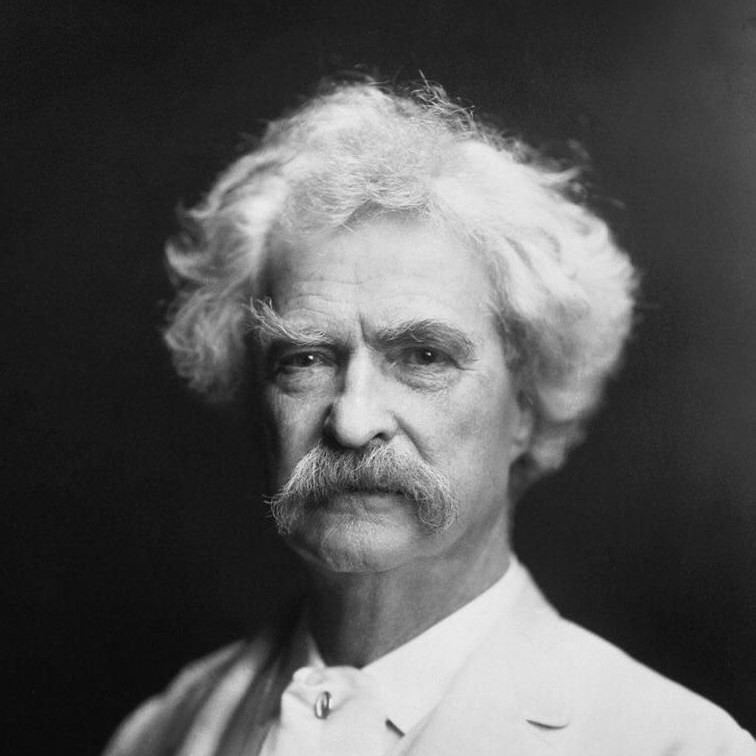
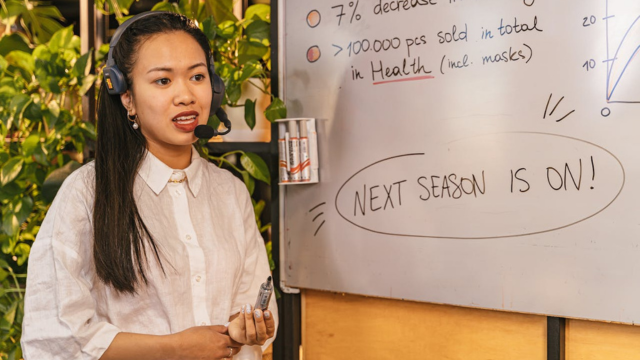















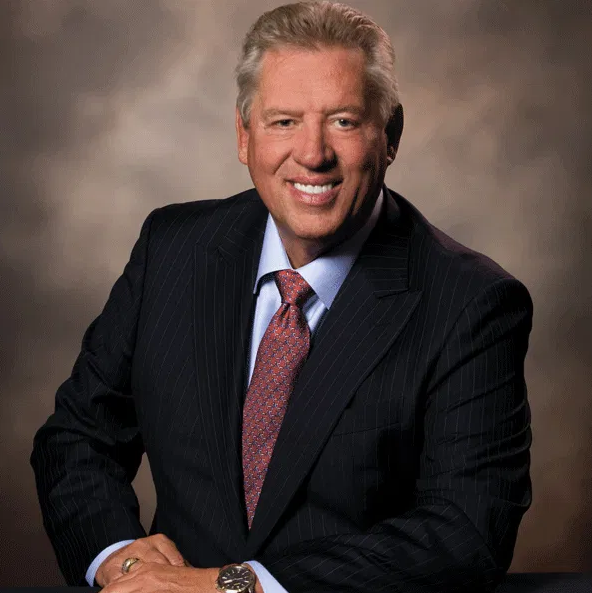


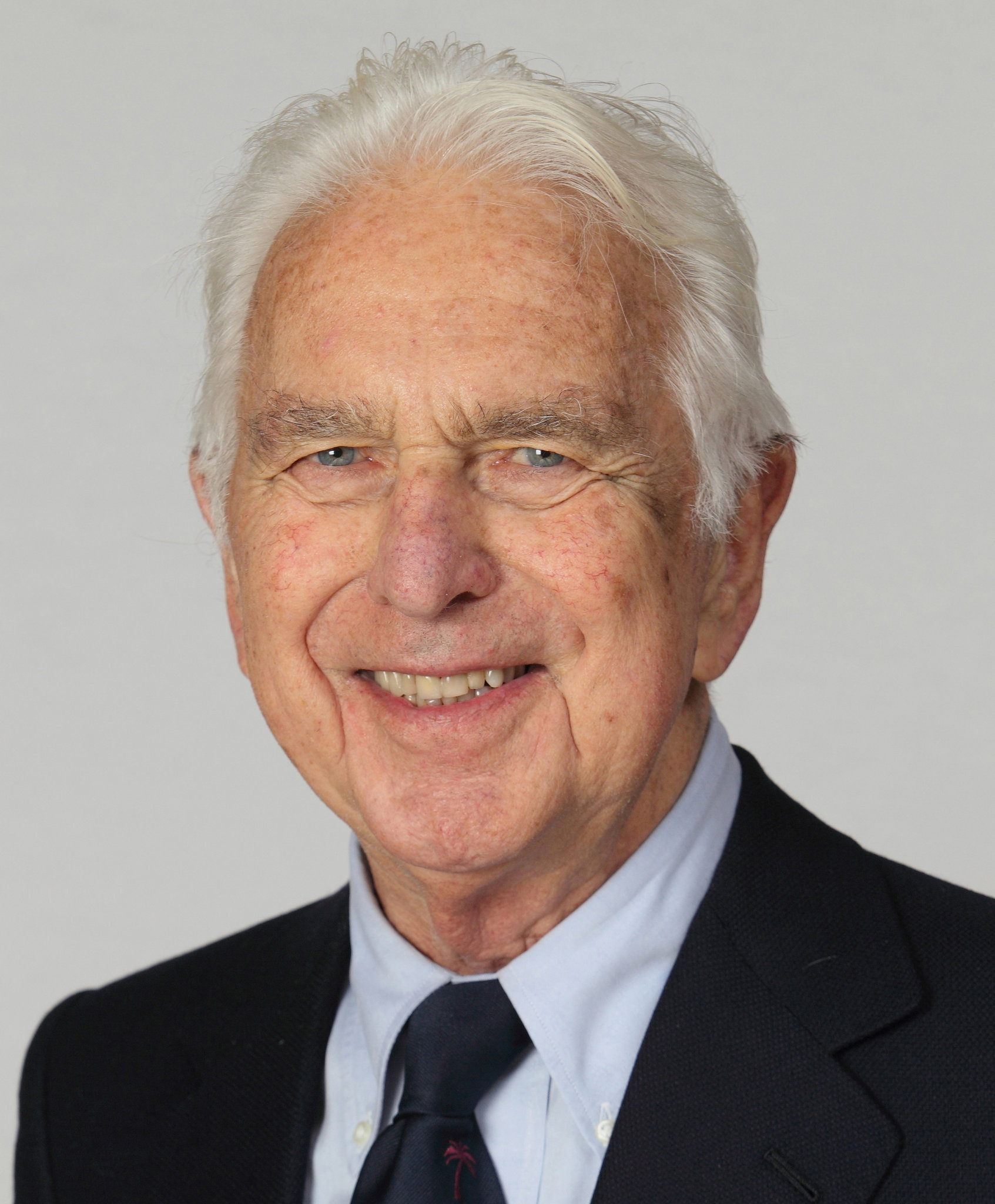


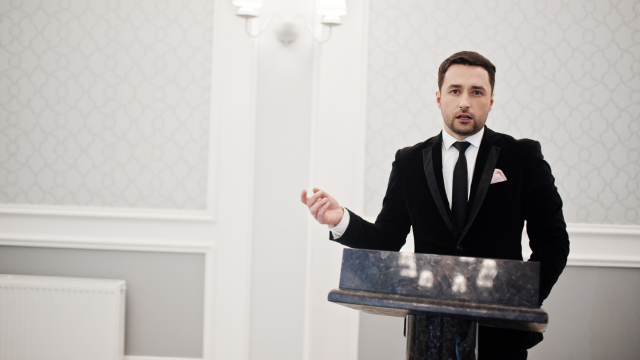

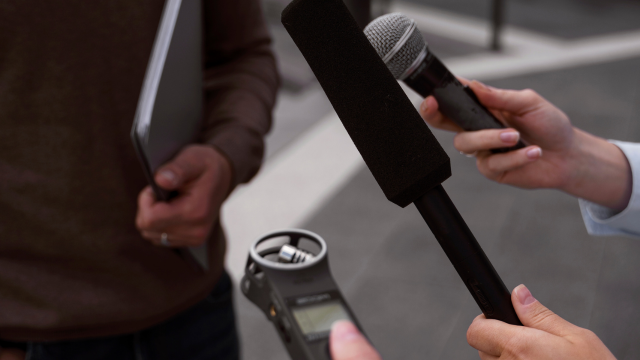

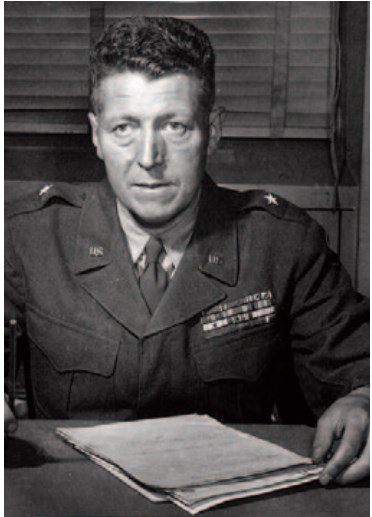


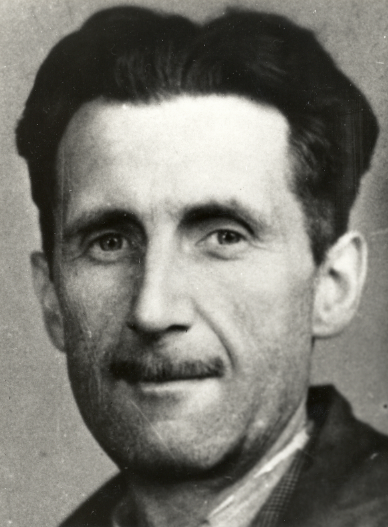

Recent Comments